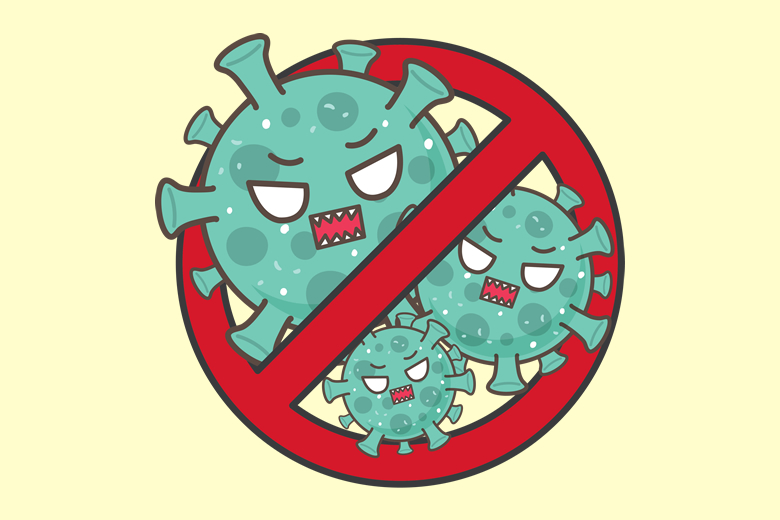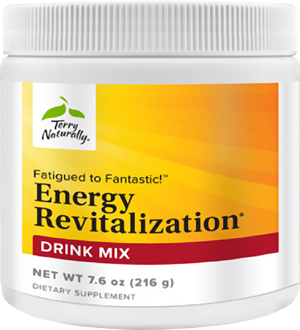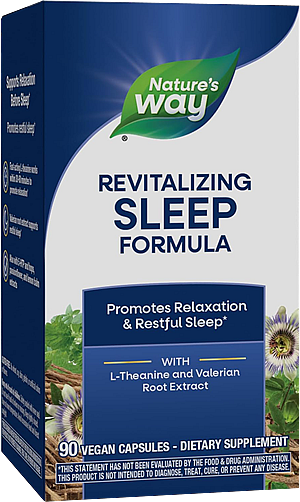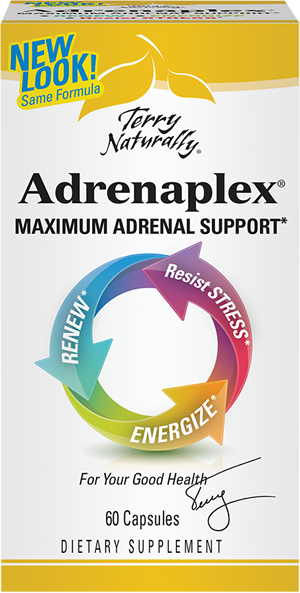Viral and Other Infections in CFS/FMS and Long COVID: Part 2—Clearing the Bugs
Vitality101 Newsletter

Hello Reader,
Do you ever feel overwhelmed by the long list of infections and “hidden” culprits that plague people with CFS and fibromyalgia? Have you worried about EBV, Lyme disease, parasites, HSV, HHV-6, candida — the list just keeps growing. The truth is, all of these are notoriously difficult to test for reliably in CFS/FMS, and that just leaves you feeling even more uncertain and frustrated.
The good news is that you don’t have to identify and treat all these individually (though on occasion it helps to narrow the list down to a few). By strengthening and restoring your immune system and adopting a few targeted, healthy measures that help your body address potential threats, you can often give your system the support it needs to recover and handle the rest on its own.
In Part 2 of this three-part series on protecting yourself from viral infections, I’ll walk you through five powerful steps you can take to keep your immune system healthy and resilient. In the next two newsletters, I’ll share six additional natural bodyguards that can further help prevent infectious organisms from finding a friendly home in your body.
Follow these measures and your body can eliminate many of the remaining infections on its own.
Question to Dr. T on Low Blood Pressure

Question:
What does low blood pressure do to you and what causes low blood pressure?
Answer:
Low blood pressure isn’t always a problem. In fact, if someone feels well, has good energy, and isn’t experiencing symptoms, naturally lower readings can simply reflect a healthy cardiovascular system. But when low blood pressure shows up alongside issues like fatigue, low stamina, dizziness when standing, brain fog, or irritability when hungry ("hangry"), it may signal that the body needs support.
Do you have a question for Dr. T? Visit Ask Dr. T at our website and send it to us (if a generally helpful question, we may ask for your permission to publish it here anonymously).
Dr. T’s Facebook Support Group — Now 1,100 Strong!

People are already sharing experiences, learning together, and getting answers in our new Facebook Support Group—come join the conversation.
Featured This Week
Fatigued to Fantastic™ Energy Revitalization Drink Mix
Delivers the benefits of 30 vitamins, minerals, and critical nutrients for mind and body health. Winner of 2025 Vitamin Retailer Best New Product Award and Taste for Life's 2025 Body Wellness Essentials Awards for Best Energy Product!
Also now available as single-use, travel-friendly stick packs.
(MSRP $65.99)
Revitalizing Sleep Formula (90 ct)
The Revitalizing Sleep Formula is a mix of six powerful, yet gentle, sleep herbs that will help you fall asleep faster and maintain a healthy sleep cycle — without feeling groggy the next day. It can help relax your muscles, decreasing pain from muscle overuse, and can also help decrease anxiety during the day.*
(MSRP $46.49)
Adrenaplex®
Provides maximum adrenal support, renews and energizes you, and helps resist stress. When stress leaves you feeling depleted, replenish with Adrenaplex!
(MSRP $26.95)
Optical Illusion
Is the man below looking straight at you, or is he facing to the right?


Jacob Teitelbaum, M.D. is one of the most frequently quoted post viral CFS, fibromyalgia, energy, sleep and pain medical authorities in the world. He is the author of 12 books including You Can Heal from Long Covid, the best-selling From Fatigued to Fantastic!, Pain Free 1-2-3, The Complete Guide to Beating Sugar Addiction, Real Cause Real Cure, The Fatigue and Fibromyalgia Solution, and the popular free Smart Phone app Cures A-Z. He is the lead author of eight research studies and three medical textbook chapters on effective treatment for fibromyalgia and chronic fatigue syndrome. Dr. Teitelbaum appears often as a guest on news and talk shows nationwide, including past appearances on Good Morning America, The Dr. Oz Show, Oprah & Friends, CNN, and FoxNewsHealth.
Websites: Vitality101.com | EndFatigue.com
Facebook Support Group: Recovering from Fibromyalgia, Chronic Fatigue, and Long COVID
Facebook Page | Instagram



